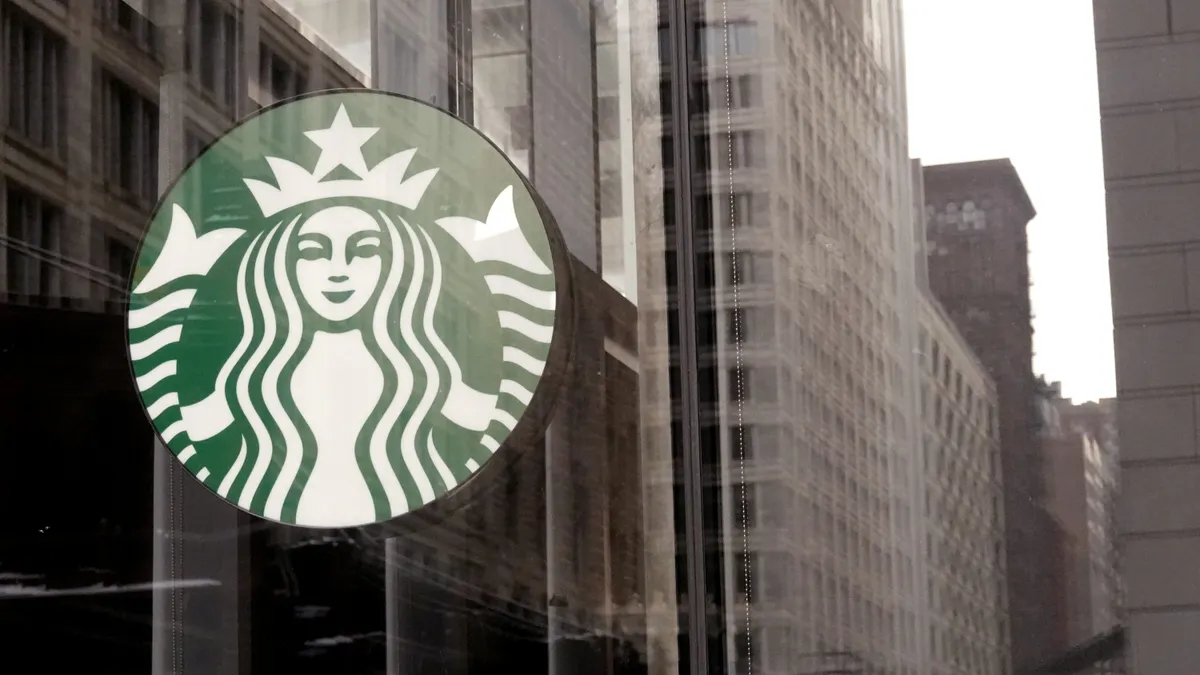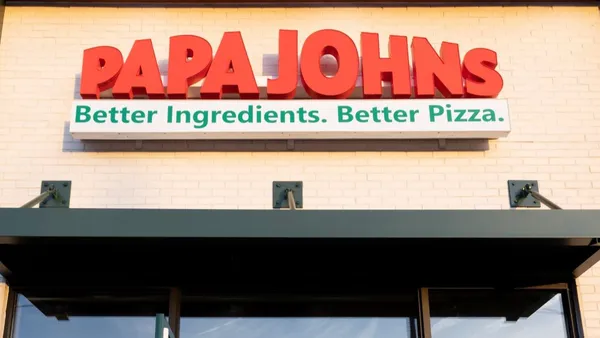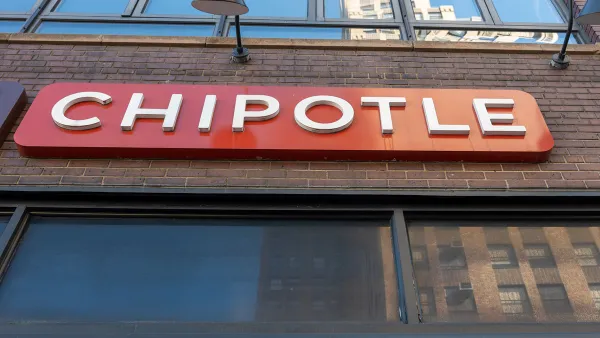Dive Brief:
- Starbucks announced Wednesday that CEO Kevin Johnson is retiring on April 4. Former CEO Howard Schultz will return to the company as interim CEO and a member of the board of directors. This will be Schultz's third tenure as CEO of Starbucks after holding the role from 1986 to 2000 and from from 2008 to 2017.
- Johnson exits after 13 years with the coffee giant and five years as the company's chief. During his tenure, Starbucks shares rose 42%. The company hopes to find a permanent replacement by this fall.
- Schultz takes the reins as the pandemic ebbs but a union drive sweeps across its stores. "It's critical we set the table for a courageous reimagining and reinvention of the future Starbucks experience for our partners and customers," Schultz said in a statement.
Dive Insight:
Johnson's exit has been in the works for some time. Starbucks' board of directors has been planning his succession with Russell Reynolds Associates since 2021, the company said. Starbucks is targeting executives with international and public company experience and has identified potential successors, Mollody Hobson, Independent Starbucks Board of Directors chair, told The Wall Street Journal.
Much of Johnson's legacy centers around Starbucks' tech innovations, reflecting his previous post as a technology executive at Microsoft.
Under his leadership, the coffee chain deployed competitive innovations such as a cashier-free concept with Amazon Go called Starbucks Pickup and artificial intelligence called Deep Brew AI. That AI engine automates daily inventory orders throughout the company’s U.S. stores and is partially responsible for Starbucks’ digital success, Johnson said last year.
"During Kevin's tenure, Starbucks scaled an industry leading digital offering spanning nearly 45 million Starbucks Rewards members in the U.S. and China," Hobson said in a statement.
But it seems that with his exit, the company is changing horses midstream. Starbucks faces a number of headwinds in 2022, including continued supply chain disruptions, wage pressures, unionization efforts and rising inflation. Schultz is a powerful asset for Starbucks, however, both as a figurehead and an experienced executive.
"As the company navigates the aftermath of the pandemic and socio-economic forces impacting the lives of all our stakeholders, Howard will reinforce the company's culture, underscoring the organization’s commitment to innovating and executing on our core purpose," Hobson said.
Schultz's return to Starbucks' CEO post is a surprise, but he has been an active support for the company over the past few months, especially for Starbucks' anti-union campaign.
In November, Schultz spoke with Starbucks employees at a partner event in Buffalo, New York, just a few days before workers at three local stores voted in Starbucks Workers United's first union election. Schultz also wrote a letter, which Starbucks hosts on its website, assuring employees that unionizing isn't necessary to spark change at the company.
"No partner has ever needed to have a representative seek to obtain things we all have as partners at Starbucks. And I am saddened and concerned to hear anyone thinks that is needed now," he wrote.
Schultz's presence didn't quash the union movement — one of three Buffalo stores voted in favor of the union in that first election, and now over 120 stores have filed for union elections.
Still, the market has responded well to the news of Schultz's return, with shares jumping 5% to $87 in premarket trading. Schultz will volunteer his time as interim CEO and only be paid $1.
This executive change comes amid a string of announcements from the coffee giant, including a commitment to open or dedicate 1,000 Starbucks Community Stores — which are designed to provide economic opportunity in underpenetrated markets — by 2030. Starbucks also pledged Tuesday to give "customers easy access to a personal or Starbucks provided reusable to-go cup for every visit" by 2025.
The company will give additional updates Wednesday at its annual shareholders meeting.














